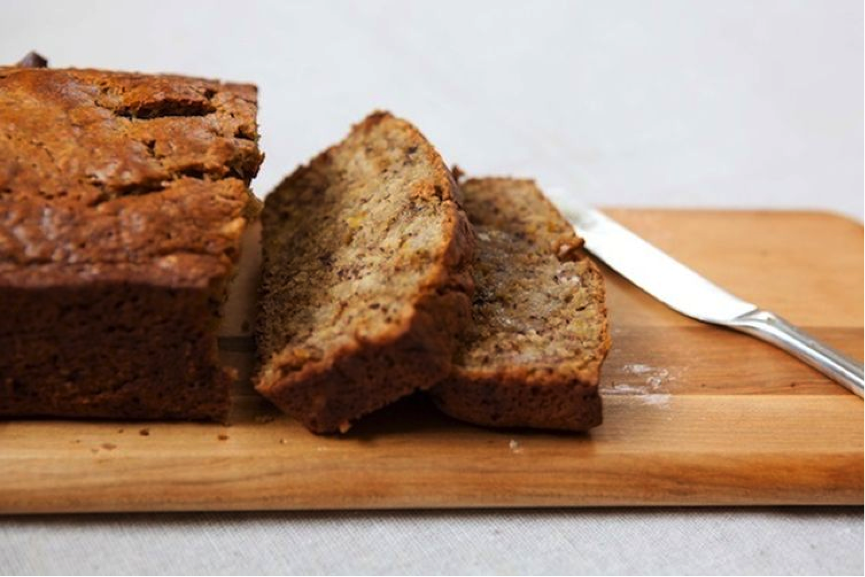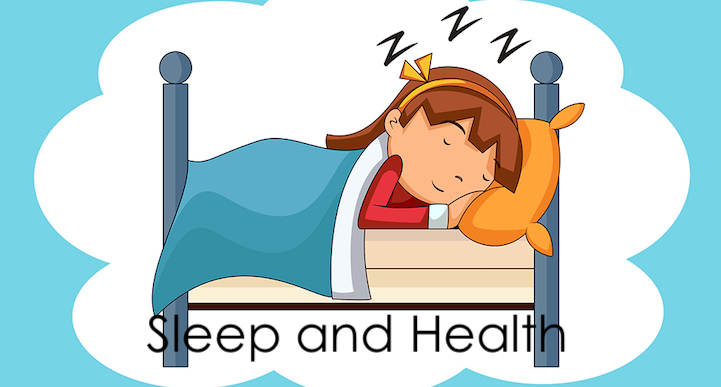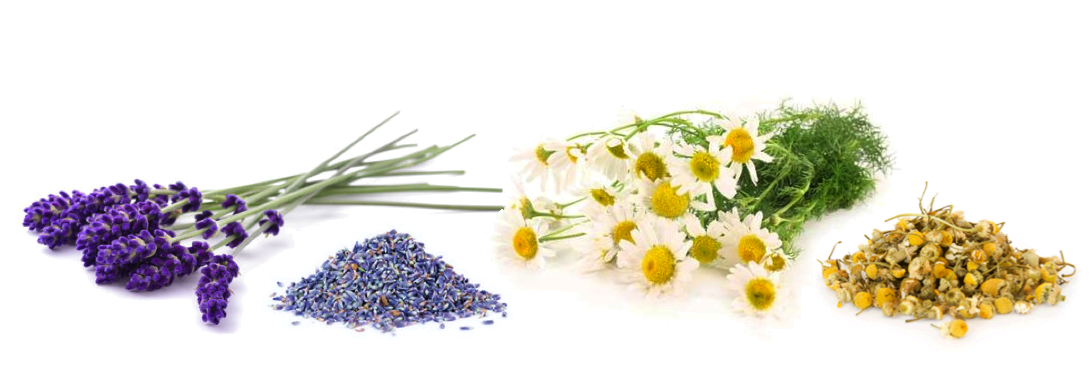Seeded Banana bread
I have been looking for ideas for morning or afternoon tea. Sometimes a low sugar, low or gluten free cake is an acquired taste. I wanted something that would also appeal to our young nieces and nephew when they visit. So over the past couple of weeks I have been experimenting with different recipes.
The 2 best ones so far, have been Carrot Cake cupcakes and Seeded Banana Bread. The Banana Bread was the stand out winner. It was fairly easy to make, was moist and flavoursome. This recipe is great as there is very little sugar and the seeds add some extra health benefits.
This adapted recipe is from a book called ‘ A Modern Way To Eat’ by Anna Jones.
I did make some small changes to the recipe and it turned out really good. The next time I make it, I will add some more spices and that is how I will share the recipe with you today.
Banana Bread Ingredients
125 g plain flour (I used Kamut, an ancient wheat flour)
100 g Almond meal
25 g Coconut flour
100 g dextrose (or light brown sugar)
30 g Maple syrup
100 g seeds (I used 50 g Sesame & 50 g Golden Flaxseed)
a pinch of salt
1 teasp baking power
2 teasp Cinnamon
1 teasp Nutmeg
3 medium sized ripe bananas
grated zest & juice of 1 lemon
2 tablesp Olive oil
2 tablesp Coconut yoghurt (or natural yoghurt)
2 eggs
½ teasp Vanilla essence/paste
Method
Preheat oven to 200’ C and prepare a 450 g loaf tin.
Put all the dry ingredients (plain flour, Almond meal, Coconut flour, dextrose, salt, baking powder, Cinnamon & nutmeg) into a large bowl and mix well.
Put the bananas into a food processor with the lemon juice and zest, Olive oil, Coconut yoghurt, eggs, Maple syrup and Vanilla.
Give it a quick blitz so the bananas are broken down, and then slowly add the dry ingredients. Don’t over mix; just do enough to ensure it is all well combined.
Pour the mix into your tin and bake for 40 to 50 minutes, or until a skewer comes out clean.
We found it’s delicious on it’s own and goes really well with a cup of tea or coffee.
However I like a thick slice, warmed in the toaster and then spread with a little butter.
I hope you enjoy this Banana Bread as well.
Till the next post,
Live Clean n Prosper.



